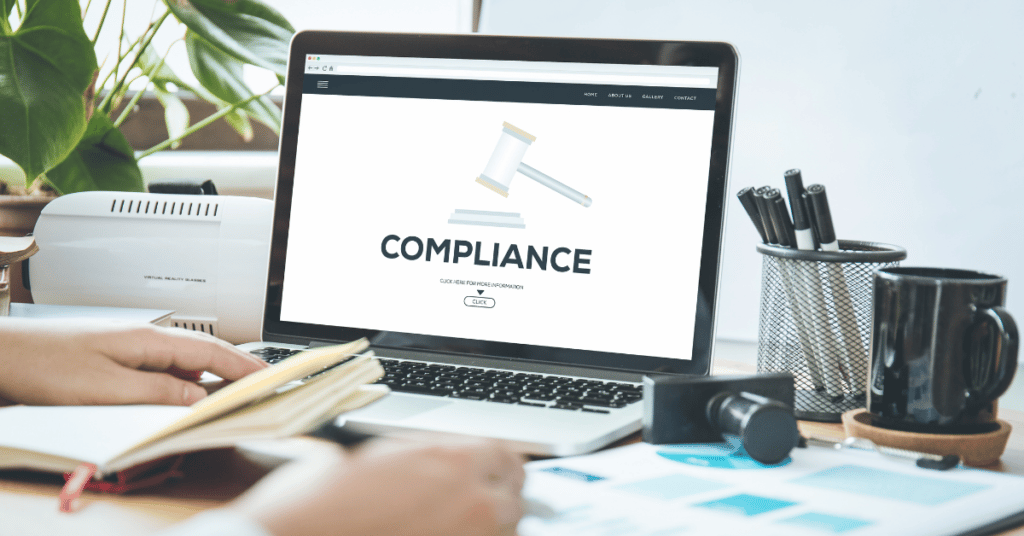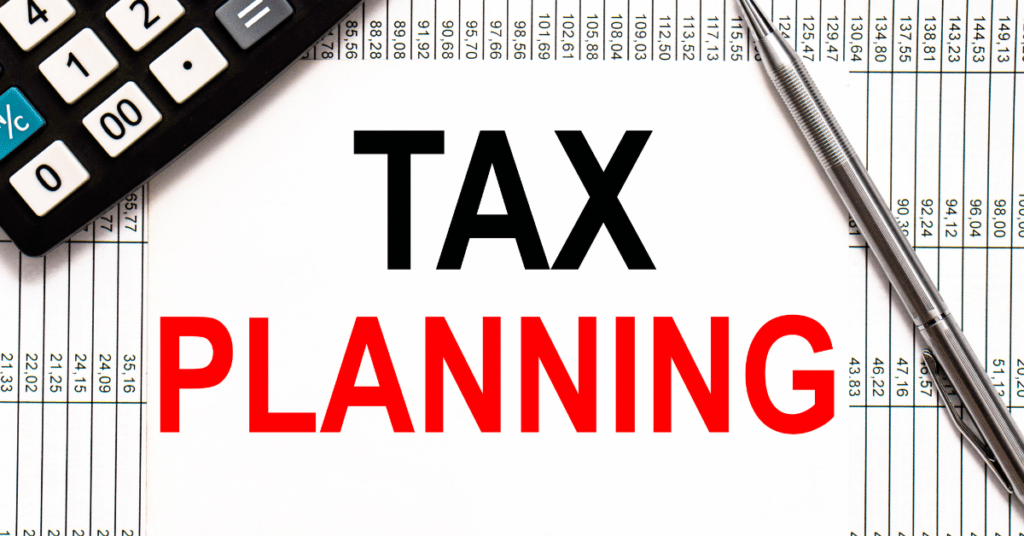Do you realise every year when it comes to the closing of the financial year, filing your tax returns etc, you still feel kinda stressed out even though you have hired a corporate services provider aka accountant(s) to help you?
The accountant(s) will then request for many types of documents (petty cash receipts, bank statements, credit card statements, loan statements, rental income etc) and in the midst of trying to locate all these documents (unless you are the super organised filing freak), you most likely get frustrated when you need to locate and assemble all these documents for them, resulting in the loss of time, money and opportunity cost.
Instead of getting into this frenzy every year, why not change up a little and tweak your daily or monthly habits so that the frenzy will be greatly reduced plus you get to maximise your time, money and opportunities?
Here are 5 things accountants will never tell you.
#1 Proper Documentation And Recording
It is important to keep proper documentation and recording of your company’s financial transactions mainly for two reasons – to explain the transactions and financial position as well as to enable smooth preparation of true and fair financial statements.
Financial transactions might include:
- Receipts, invoices, vouchers, bank statements, and other relevant documents issued to or received from customers;
- Accounting ledgers, journals and schedules documenting your company’s assets and liabilities, income and expenses, profits and losses; and
- Any other written evidence of transactions associated with your business.
You may set aside 20 minutes a day/ 2 hours a week/ 1 weekend a month to update the records and filing so you can stay on track and know how much is the business revenue and expenses for that particular month. Then, when it comes to the financial closing, you have everything ready in order for the accountant.
And because you have done a proper job of keeping the records, the accountant(s) does not need to spend much time and effort in organising the records hence they will not charge you an additional fee just for sorting out the documents first before the actual accounting work.

#2 Timely Compliance
Always start your accounting work immediately after the end of each cycle. As Mark Twain said “Eat a live frog first thing in the morning and nothing worse will happen to you the rest of the day.” This same principle applies to your accounting work. You have many tasks to complete in a day, month and year.
Human nature tends to leave the most difficult or most challenging task till the last minute because it is such a pain to handle but add on unforeseen circumstances like customer complaints, potential prospects and other issues, the submission of necessary documents to your accountant(s) gets delayed.
The correct way should be to handle and complete the most difficult task (live frog) first so it frees up your time to complete other tasks without worrying about it in the background or getting stressed out when you have to deal with it at the eleventh hour.
When you give a late submission of all the necessary documents to your accountant(s), it also means they have lesser time to work with because the deadlines are nearing for submission to the regulatory government bodies, resulting in them charging additional fees because they need to work overtime to complete everything in time for submission.
#3 Never Sign Blindly
As a precaution and like what all wise people will do, never sign documents blindly especially documents associated with the regulatory government bodies.
Because once documents are signed, the terms and conditions need to be honoured and in Singapore, compliance is taken seriously so make sure you check through carefully before signing so you know what you are fully in for or what you are agreeing to when signing on the dotted line.

#4 Early Tax Plannings
Tax planning is more than just knowing how much your taxes amount to and leaving the appropriate sum of money for payments. At the corporate level, it is taking a good look at the entirety of your financial situation and ensuring everything is in order to ensure you pay the minimal amount of taxes.
Tax planning takes into account numerous considerations – the size and timing of purchases, expense planning, deduction and credit opportunities and more. When you do it early, you can avoid paying a higher tax bill so it is usually recommended that you look for an accountant as early as possible to lower your tax position.
#5 Cash Flow Management
This is critically important in business as it is the process of tracking how much money is coming in and going out of your business. It helps you to spot trends and make projected forecasts as to how much money is available for use in the future.
A healthy cash flow means that you can pay salaries on time and have sufficient funds for business expansion. Resources are also available for paying vendors’ invoices and other overhead costs (rent, utilities etc) on time. Therefore it is crucial to find an accountant to teach you on cash flow management for smoother future expansion and liquidity.
In summary, performing the above 5 steps alone can help you maximise your time and money by at least 10% to 30%. As the saying goes, “To be prepared is half the victory.” ~ Miguel de Cervantes.




